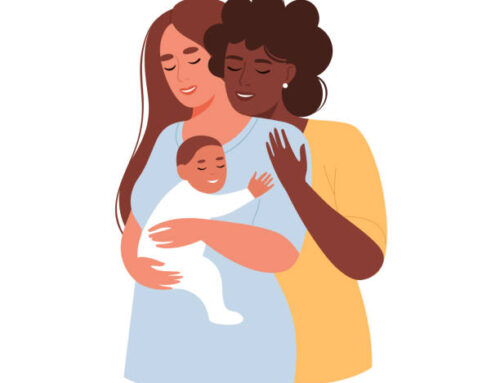
Abortion Outcomes & Inequities
While abortion is a crucial healthcare service, it is also highly stigmatized, politicized, and restricted, resulting in significant individual and structural barriers for those who seek abortion services. Abortion funds have become essential in increasing access to abortion considering 75% of abortion patients were poor or low-income in 2014 (Jerman et al., 2016) and most states in the US prohibit use of public funds for abortion entirely or almost entirely. Our goals for these studies in this research area are to document the situated experiences of abortion fund service recipients in Nebraska, identify the complex interactions between predisposing, enabling, and disabling factors in accessing abortion services using the Healthcare Utilization Model, provide an empirical foundation for the development and modification of supportive systems and services for abortion seekers, and assess acceptability and comfort in responding to sensitive survey questions. We seek to better understand the barriers and hardships experienced by Nebraskans seeking abortion services and how abortion funds can help reduce these barriers and hardships. Results from these studies would help abortion funds to better support people trying to access abortions while reducing stress and trauma, especially in vulnerable populations.




